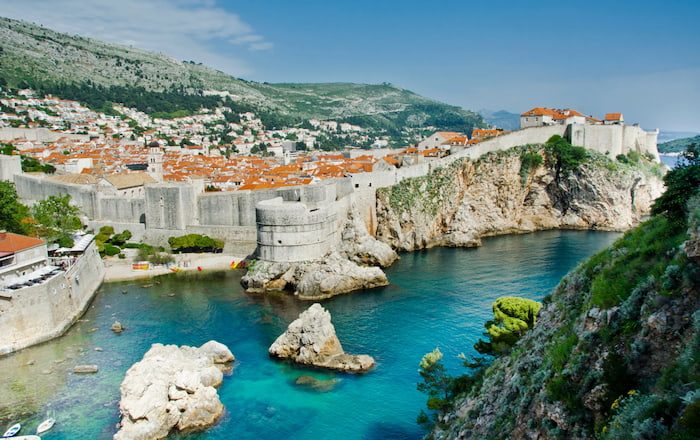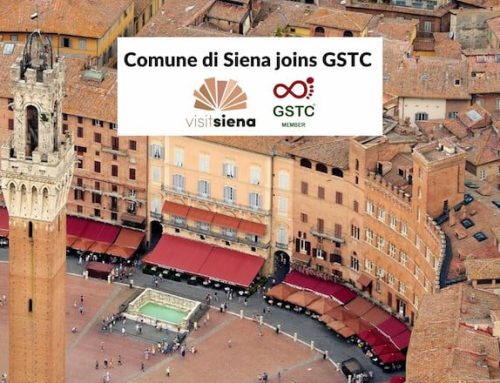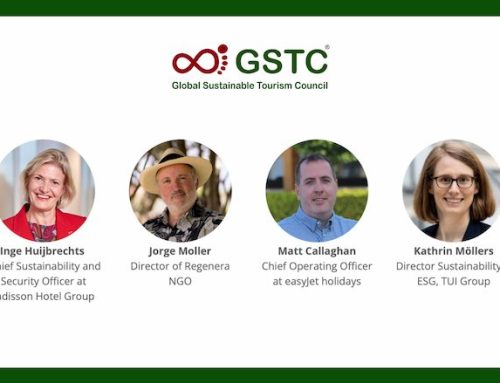From 2022 to 2024, ISEAL led a stream of Monitoring, Evaluation, and Learning (MEL) initiatives for landscape and jurisdictional approaches, supporting three sustainability systems and related organizations through pilot project funding. As an ISEAL Community Member, GSTC received funding to measure performance change within sustainable tourism at the destination level. From February to November 2023, GSTC explored the effectiveness of Destination Assessments in measuring change over time by reappraising two popular tourist destinations: the City of Dubrovnik in Croatia and the Sukhothai Historic Park in Thailand.
The two regions are both UNESCO World Heritage Sites, Sukhothai attracts visitors for its ancient ruins, temples, and rural atmosphere, and Dubrovnik appeals to those interested in medieval architecture, views of the Adriatic Sea, and the Game of Throne series, having served as one of its primary filming locations.
The pilot project aimed to evaluate changes in sustainability performance over time and to refine the Destination Assessment process. GSTC pursued desktop research to undertake the initial re-assessment, supplemented by fieldwork, and individual and group interviews with key stakeholders, capturing stories and insights of those engaged in the region’s sustainability journey. This approach ensured a comprehensive understanding of the sustainability landscape in Dubrovnik and Sukhothai.
Key Findings in Dubrovnik, Croatia

Key Findings in Sukhothai Historical Park, Thailand

Conclusion
The re-assessment of both regions has brought learning points and opportunities for improvements in setting up the data verification process of destination assessments. Since assessing a destination is a complex task, having a knowledgeable support team would enable a more thorough investigation. An established organization, with designated leadership focusing on sustainable tourism development and management, can enhance data collection accuracy and improve local stakeholder comprehension and awareness through education and training. This insight underscores the benefits of a centralized, multi-stakeholder approach for improving data reliability and accessibility. A formal re-assessment can also ensure the reliability of the ongoing performance of the destination. Additionally, GSTC emphasizes implementing a monitoring tool for post-assessment to operationalize continuous improvement in destinations.
Read Measurement at scale: Pilot projects learning report 2024 (ISEAL April 2024)




